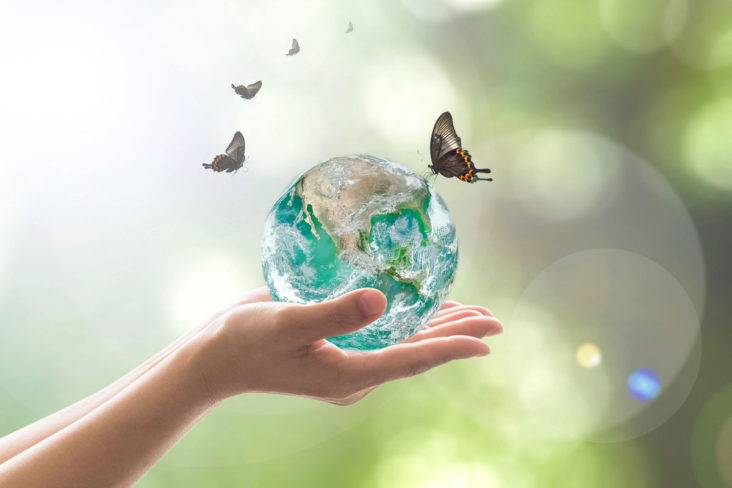Project STOP Makes Positive Impact On Circular Waste Management In Indonesia

Project STOP and its partners have celebrated several key milestones in providing waste management services to the people of Indonesia.
From 2017 to the end of 2020, the programme has provided waste management services to over 133,500 people, built five material recovery facilities that collectively process 150 tonnes of waste per day, and contributed to permanently preventing over 8,123 tonnes of waste from leaking into the environment.
Co-founded by Borealis and SYSTEMIQ in 2017, Project STOP works hand-in-hand with city governments to create effective circular waste management systems in high-need areas of Southeast Asia. Borouge is proud to be a strategic partner working with the partners and communities, to give a new life to post-consumed plastics and make a positive difference to the environment.
By the end of 2020, Project STOP had achieved several more important milestones: 1. Created stable jobs for 168 waste-workers, growing to over 250 by the end of the programme 2. Piloted multiple governance models to support more stable, professional waste management systems 3. Developed an extensive curriculum to train government and others to set up and operate waste systems While coping with the COVID-19 pandemic, Project STOP faced challenges while ensuring continuous waste management services for the communities where it operates and put several health measures in place, such as conducting rapid testing, hygiene training, installing additional hand-washing stations, equipping workers with protective equipment and sanitising collection vehicles and equipment daily.
“At Borouge we continue to play an active role in advocating a zero-waste plastics circular economy,” says Hazeem Sultan Al Suwaidi, CEO, Borouge ADP. “We are proud of the key milestones achieved by Project STOP that demonstrate how collaboration is making a difference in building a system for collection of waste in Southeast Asia and we are committed to continue making a positive impact.”
With an annual consumption of over six million metric tonnes of plastic, it is estimated that Indonesia’s ocean leakage is roughly one million tonnes per year, the second largest in the world. In response, the Indonesian government has created a Marine Debris Action Plan in 2017 committing itself to reduce the country’s ocean plastic flows by 70 percent by 2025. To contribute to this national commitment, Project STOP plans to further scale its activities across a wider region of Indonesia, developing a scale-up plan to be implemented once agreed with the local authorities.
“We recognise the fact that we live on a planet with limited resources and delicate conditions and at Borouge we are proud to showcase our commitment to sustainability through our involvement in Project STOP. Inspiring the future generation to make a difference to our precious environment and promote the principles of sustainability is a key priority for us,” said Wim Roels, CEO, Borouge Pte.
In addition to Borealis and SYSTEMIQ, Project STOP is grateful to its strategic partners who also provide technical expertise. They include the Norwegian Ministry of Foreign Affairs, NOVA Chemicals, Nestlé, the Alliance to End Plastic Waste, Borouge and Siegwerk. The initiative’s supporting and technical partners are Veolia, Sustainable Waste Indonesia, Schwarz and HP.
This work is made possible by and led in full support with national and local government agencies, including the Ministry of Environment and Forestry, the Coordinating Ministry for Maritime Affairs, the Ministry of National Development Planning/National Development Planning Agency, the Ministry of Public Works and Public Housing, the Banyuwangi Government, the Pasuruan Government and the Jembrana Government, including the environmental agencies of Muncar, Pasuruan and Jembrana.
The UAE government recently announced that it will invest US$10 billion with Indonesia’s sovereign wealth fund, Indonesia Investment Authority. Investments will focus on strategic sectors in Indonesia, including infrastructure, roads, ports, agriculture, and other promising sectors that have the potential for growth and can contribute to growth as well as economic and social progress.
Once at full scale by end of 2022, Project STOP’s three current city partnerships at the coastal cities of Muncar and Pasuruan in East Java, and Jembrana, on the northwest coast of Bali, will reach 450,000 people and permanently keep 45,400 tonnes of waste out of the environment through more circular, economically sustainable waste management.



